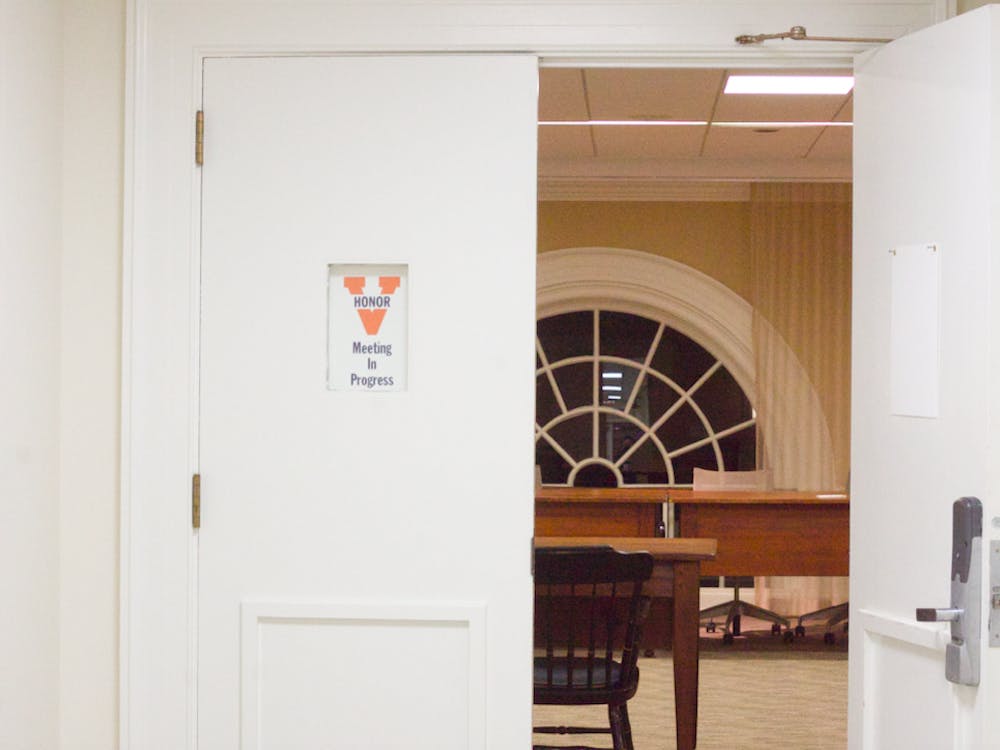Barack Obama’s legacy is difficult to interpret. Undoubtedly, he succeeded in achieving core objectives of the Democratic ideology — from providing health insurance to millions of underprivileged citizens to overseeing unparalleled gains in civil rights for homosexuals. Yet, Obama’s presidency was also marked by notable failures on the geopolitical stage. His foreign policy has done little — if anything — to improve stability in the Middle East. Syria remains a hotbed of death and destruction, and an influx of refugees has galvanized far-right political movements in countries across Europe such as England, France and Italy. The decades-long conflict between Israel and Palestine remains unresolved and terrorist factions are more mobilized than ever with an influence that has incited fear and destruction across the globe.
Of course, Obama is not the sole person to blame for unresolved issues, particularly those he inherited from previous administrations. However, some of his failures stemmed from the use of direct executive power, a realm in which he has clear agency over his choices. One such instance — indeed, the last notable action of his presidency — was the commutation of Chelsea Manning's sentence, a peculiar choice which elicits serious questions about his stance on American security.
In early 2010, Manning published 700,000 classified documents on WikiLeaks while serving as an intelligence analyst in Iraq. Manning was arrested shortly thereafter and, in 2013, sentenced to 35 years in prison. Her case was complicated by virtue of her gender; although she was born as a male named Bradley, she revealed on the day after sentencing that she identified as a woman. Manning currently resides in an all-male prison and has attempted suicide twice during her imprisonment.
CNN reporter Stephen Collinson recently speculated that Obama’s commutation of Manning's sentence may have been provoked by “humanitarian considerations,” given Manning’s unusual condition. If this reasoning is true, it is safe to assume that Obama believed President Trump would ignore these considerations once he began his term in office. However, senior officials stated that Obama’s official reasoning was that “Manning had expressed remorse and responsibility for her actions, and she had already served six years of a long sentence.”
Manning’s case incites a divide which transcends the traditional political spectrum. On one side, supporters of Manning regard her sentence as cruel and unusual. Michael Ratner, a lawyer for WikiLeaks’ founder Julian Assange, stated that “the length of the sentence demonstrates what [whistleblowers] face if they are ever taken into custody by the U.S. — draconian sentences.”
It may be questionable, however, to suggest that leaking classified information — especially on a scale of six figures or larger — should be treated lightly by the federal government. This is the key point of division in this case: what value should the American government place on “classification” itself?
Certainly, one can contend that it is the duty of American citizens to expose and indict federal wrongdoing. Such a sentiment comes not only from Snowden and Assange, but also from foundational thinkers like Thomas Jefferson and John Locke. Yet, the practice of whistleblowing, in this case, is not limited to merely realizing those idealistic musings proposed before the invention of electricity. In an age where civilization can be annihilated with the press of a button, nation-states have the prerogative to keep secrets within loyal and confined ranks. If we do not punish Manning’s brand of whistleblowing, then we have endowed American citizens — particularly those in the intelligence community — with the power to thwart our security at their whim. CNN journalists are not the only people reading these documents; Manning and Snowden and Assange may have stirred a warranted dissatisfaction among the American public, but in doing so they have also provided a service to our most hateful and despotic enemies, who have access to information which officials explicitly conceal in order to preserve security and stability.
As citizens of a liberal democracy, we should fear a precedent in which journalists are cruelly punished for criticizing their government. However, Manning wasn’t criticizing our government, but indiscriminately actively undermining the invaluable service of both the federal government and our military by exposing hundreds of thousands of secrets. It should be clear to American citizens that the evil of WikiLeaks outweighs the good; we can use our capacity as citizens to “drain the swamp” or change our government’s supposed wrongdoing, but we cannot prevent other nations from using our secrets against us. Barack Obama appeared to agree with this position, chastising WikiLeaks and Snowden throughout his presidency. But, by releasing Manning, he has effectively backtracked on his stance, which may have a grave and permanent impact on the strength of our nation’s security.
Ryan Gorman is is an Opinion columnist for The Cavalier Daily. He can be reached at r.gorman@cavalierdaily.com.





